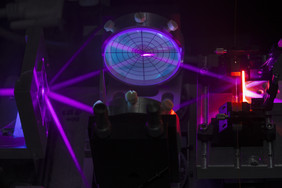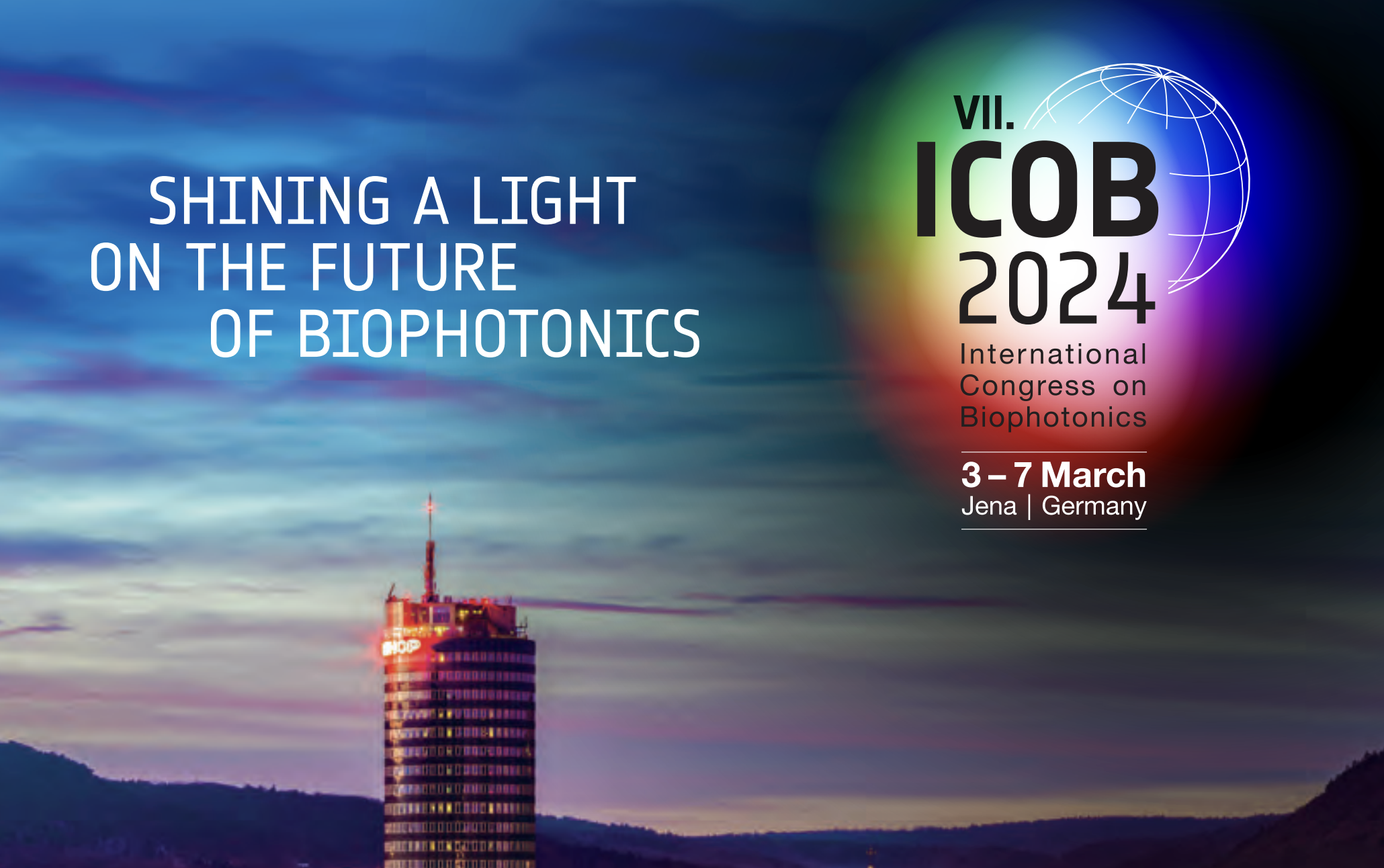Digital key technology: Leibniz IPHT participates in European Center for Photonics Innovations

In the new European initiative PhotonHub, leading international photonics institutions support companies in the development and introduction of light-based technologies
The Leibniz Institute for Photonic Technologies (Leibniz-IPHT) in Jena and the Thuringian photonics network OptoNet are partners in the new digital European center for photonics innovations. The major initiative PhotonHub Europe is funded with 19 million euros from the EU’s Horizon 2020 program and is designed to help small and medium-sized companies become competitive digital enterprises by introducing light-based technologies faster and more intelligently. Over the next five years, this is expected to create more than 1,000 new high-tech jobs in the EU and generate almost 1 billion euros in new revenues and venture capital. PhotonHub is scheduled to start operations in early 2021 and will offer permanent open calls for tender to companies wishing to apply for support.
Photonics – the science and technology of light – is a key digital technology that is radically changing traditional industrial foundations. Photonic technologies are used to develop innovative products for a wide range of applications – for health and medicine, food and environmental safety, digital infrastructure, manufacturing, space, security and defense, mobility and energy.
Photonics as the driving force of industry 4.0
Optical fibers enable faster online communication, for example. In non-invasive medical tools, fibers, new optical lenses and machine vision help make the diagnosis and treatment of diseases more accurate and less invasive. They can be found in autonomous vehicles and robotics. Optical sensors monitor the quality of our food, air and water. Photovoltaics provides sustainable energy. Lasers are used for high-precision manufacturing and nanotechnology. Photonic technologies are the driving force behind all these applications.
“Photonics is essential for applications that drive the new industrial wave – Industry 4.0 – and that are crucial to our ability to meet the enormous global social and environmental challenges of our time,” says Prof. Hugo Thienpont, Director of Brussels Photonics at the Vrije Universiteit Brussel and overall coordinator of PhotonHub Europe.
The Jena-based Leibniz-IPHT is one of 53 European partners from research and industry that are involved in the new photonics innovation center. It will be open to all companies in Europe that want to create innovations in the field of photonics. The PhotonHub office in Brussels will provide information about the services offered. These will include training and further education offerings as well as support for innovation and investment.
Photonics experts support companies from the idea to the product
Together with other leading research and innovation institutions, Leibniz-IPHT will support companies along the entire value chain, from product concept to market launch. With PhotonHub, the Leibniz-IPHT continues the success story of its predecessor projects Actphast and Actphast 4.0, in which the Jena institute already cooperated successfully with companies such as Toptica, Sill Optics, nano4global and WZW Optic AG.
PhotonHub will work closely with the European technology platform for public-private partnerships “Photonics 21”. “With a view to the strategic development of photonics throughout Europe, we mediate between the European Commission, the academic world and industry,” explains Prof. Jürgen Popp, scientific director of the Jena-based Leibniz Institute for Photonic Technologies and chairman of the “Photonics 21” working group on healthcare. “The activities of PhotonHub will be linked with those of other European digital innovation centers. This promotes the development of a digital community and gives companies fast, user-friendly access to the widest possible range of advanced photonics expertise and technologies”.
PhotonHub Europe will start operations in early 2021. Companies can then apply for support online via the website www.photonhub.eu.
View into the fiber drawing tower of Leibniz IPHT. The technology center covers the entire fiber technology process and allows the production of high-precision and highly complex optical fibers. They are used as light sources, as fiber optic sensors and in probes and endoscopes. Photo: Sven Döring/ Leibniz-IPHT
Contact
Related News
Third party cookies & scripts
This site uses cookies. For optimal performance, smooth social media and promotional use, it is recommended that you agree to third party cookies and scripts. This may involve sharing information about your use of the third-party social media, advertising and analytics website.
For more information, see privacy policy and imprint.
Which cookies & scripts and the associated processing of your personal data do you agree with?
You can change your preferences anytime by visiting privacy policy.



